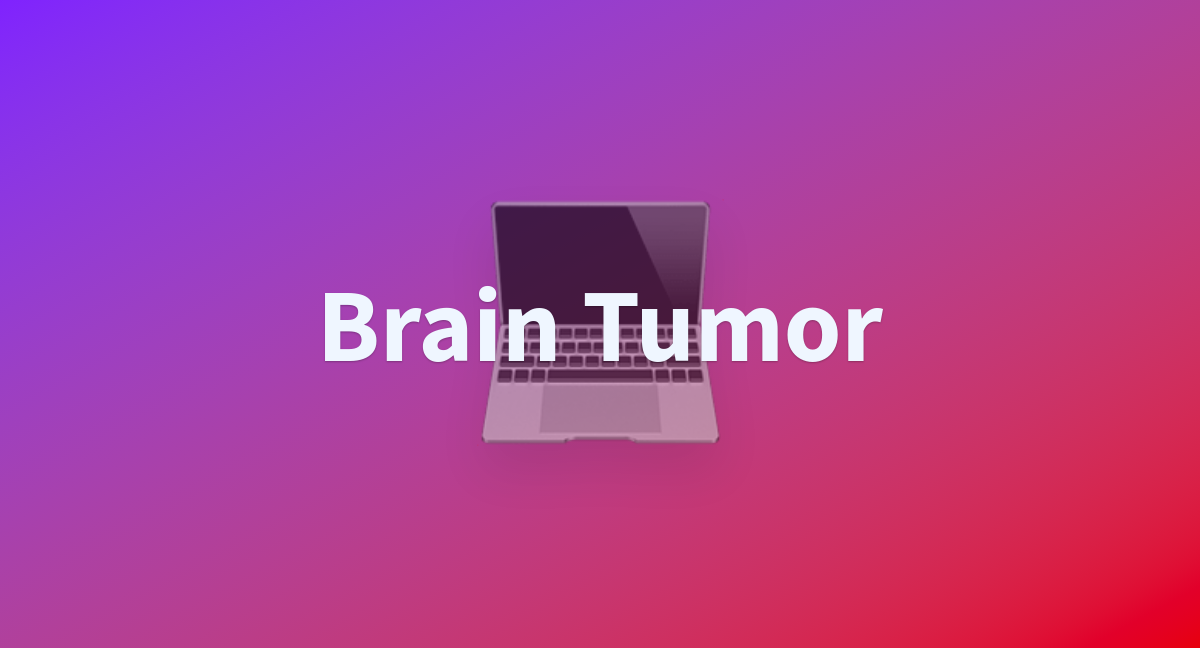Comprehensive Guide To Brain Tumor Treatment In Bellingham
Brain tumor treatment in Bellingham is a crucial topic for those affected by this condition. Advances in medical science and technology have paved the way for innovative treatments that can significantly improve patient outcomes. Whether you're seeking early diagnosis, advanced treatment options, or supportive care, understanding the landscape of brain tumor management in Bellingham is essential for making informed decisions.
Living with a brain tumor can be challenging, but with the right treatment plan and access to expert care, patients can navigate their journey more effectively. Bellingham offers a range of healthcare facilities that specialize in neurological care, making it a favorable destination for those seeking top-notch brain tumor treatment.
In this article, we will delve into the specifics of brain tumor treatment in Bellingham, exploring the latest advancements, expert opinions, and resources available to patients. Let’s begin by examining the basics of brain tumors and how they are managed in modern medicine.
Read also:Kylie Jenner Siblings A Closer Look At The Kardashianjenner Clan
Table of Contents
- Understanding Brain Tumors
- Types of Brain Tumors
- Brain Tumor Symptoms
- Diagnosis Process
- Treatment Options
- Advanced Care in Bellingham
- Support Systems
- Cost Considerations
- Success Stories
- Conclusion
Understanding Brain Tumors
Brain tumors occur when abnormal cells grow uncontrollably in the brain. They can be either malignant (cancerous) or benign (non-cancerous). Malignant tumors are aggressive and can invade surrounding tissues, while benign tumors grow slowly and do not spread.
Understanding the nature of brain tumors is vital for selecting the appropriate treatment. Brain tumor treatment in Bellingham focuses on personalized care plans that consider the type, size, and location of the tumor, as well as the patient's overall health.
Types of Brain Tumors
There are several types of brain tumors, each with its own characteristics and treatment requirements. The most common types include gliomas, meningiomas, and acoustic neuromas.
- Gliomas: These tumors originate in the glial cells and are often malignant.
- Meningiomas: These tumors develop in the meninges, the protective membranes covering the brain and spinal cord. They are usually benign.
- Acoustic Neuromas: These are benign tumors that affect the nerve responsible for hearing and balance.
Brain Tumor Symptoms
Symptoms of brain tumors can vary depending on their location, size, and growth rate. Common symptoms include headaches, seizures, nausea, vomiting, and cognitive changes.
Early detection is crucial for effective treatment. If you or a loved one experience persistent symptoms, it is important to seek medical attention promptly.
Diagnosis Process
The diagnosis of brain tumors involves a combination of physical examinations, imaging tests, and laboratory analyses. MRI and CT scans are commonly used to visualize the brain and identify abnormalities.
Read also:Were Here Kpkuang The Ultimate Guide To Understanding And Embracing The Trend
Biopsies may also be performed to determine the type of tumor and guide treatment decisions. Accurate diagnosis is the foundation of successful brain tumor treatment in Bellingham.
Treatment Options
Treatment for brain tumors depends on various factors, including the tumor's type, location, and the patient's overall health. Below are the primary treatment options available:
Surgery
Surgical removal of the tumor is often the first step in treatment. Neurosurgeons in Bellingham use advanced techniques to minimize damage to surrounding brain tissue while ensuring complete tumor removal.
Radiation Therapy
Radiation therapy involves using high-energy beams to destroy cancer cells. It is particularly effective for tumors that cannot be completely removed through surgery.
Chemotherapy
Chemotherapy uses drugs to kill cancer cells. It is often used in conjunction with surgery and radiation therapy to enhance treatment outcomes.
Advanced Care in Bellingham
Bellingham boasts state-of-the-art healthcare facilities equipped with the latest technology for brain tumor treatment. These facilities are staffed by highly trained specialists who are committed to delivering exceptional care.
Patients in Bellingham have access to multidisciplinary teams that include neurosurgeons, oncologists, and radiologists, ensuring comprehensive treatment plans tailored to individual needs.
Support Systems
Receiving a brain tumor diagnosis can be overwhelming, but Bellingham offers robust support systems for patients and their families. Support groups, counseling services, and educational resources are available to help navigate the emotional and psychological aspects of treatment.
Engaging with these support systems can significantly improve the quality of life for patients undergoing brain tumor treatment in Bellingham.
Cost Considerations
The cost of brain tumor treatment can vary based on the complexity of the case and the chosen treatment options. Bellingham's healthcare providers work closely with insurance companies to ensure affordability and accessibility for all patients.
Financial counseling services are also available to assist patients in understanding and managing the costs associated with their treatment.
Success Stories
Many patients undergoing brain tumor treatment in Bellingham have experienced positive outcomes thanks to the advanced care and personalized treatment plans offered by local healthcare facilities.
These success stories highlight the importance of early detection, accurate diagnosis, and collaboration between healthcare professionals and patients in achieving favorable results.
Conclusion
Brain tumor treatment in Bellingham represents a significant advancement in medical care, offering patients access to cutting-edge technology and expert professionals. By understanding the types of brain tumors, recognizing symptoms early, and exploring available treatment options, patients can make informed decisions about their care.
We encourage you to share your experiences, ask questions, or provide feedback in the comments section below. Additionally, explore other articles on our site to learn more about neurological health and wellness. Together, we can continue to raise awareness and support those affected by brain tumors.
Data and references used in this article are sourced from reputable organizations such as the National Cancer Institute and the American Brain Tumor Association, ensuring the accuracy and reliability of the information provided.


